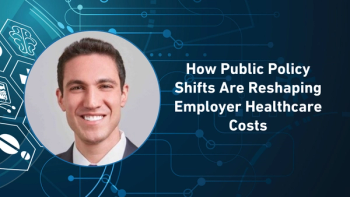
AMA and 110 other medical associations seek Sunshine Act delay
Postponement of public data for six months is justified by slow rollout of CMS rules, they say
The pharma industry, among other life sciences firms, has been busy for most of this year preparing its reports to CMS on payments made to prescribers and some of their hospital affiliations. But over on the physicians’ side, near-panic seems to be setting in as the Sept. 30 date for public release of the spending data approaches. A letter (available
“Fundamentally, we have no issue with efforts to increase transparency in the interactions between physicians and industry,” says the American Medical Assn. “However, we have a number of serious concerns regarding how the Open Payments System has been implemented.” AMA cites the delay in CMS issuing registration instructions for physicians into the system (so that they can review the data about them); a cumbersome registration process; procedural rulings for how educational activities and medical publications are covered; and industry’s ability (as determined by CMS) to have final say on data disputes.
AMA was joined by 61 other physician professional groups, and the medical associations of 48 states and the District of Columbia (for whatever reason, Alaska and Wisconsin didn’t sign on).
Information about the Open Payments System is front and center on AMA’s website homepage, and the association has developed a “Sunshine Act toolkit” to assist its members. Several media organizations—including ProPublica, an investigative journalism enterprise that started a “Dollars for Docs” information service several years ago, are eagerly waiting to see what the data will reveal.
Newsletter
Stay ahead in the life sciences industry with Pharmaceutical Commerce, the latest news, trends, and strategies in drug distribution, commercialization, and market access.




